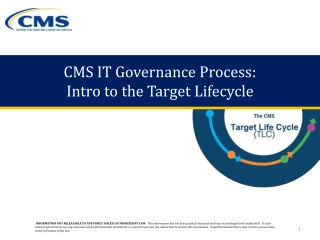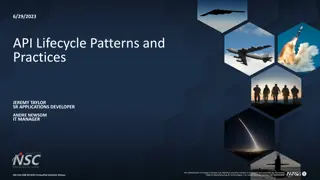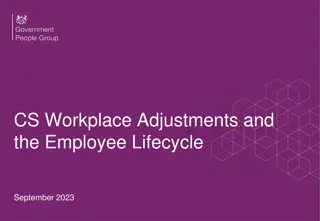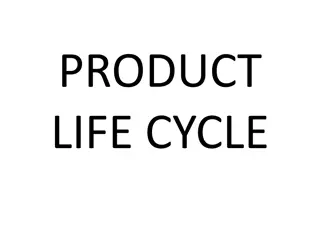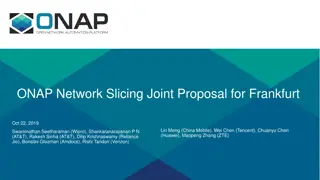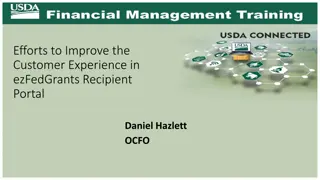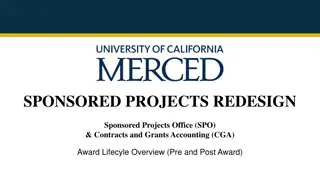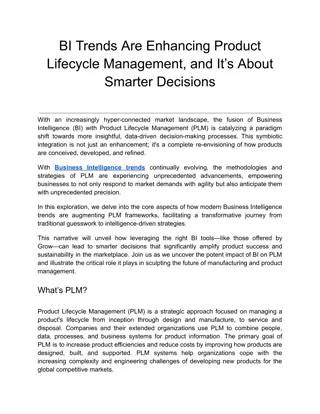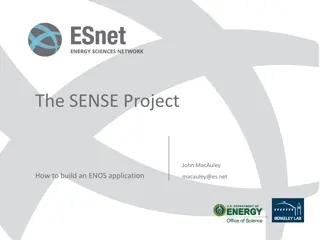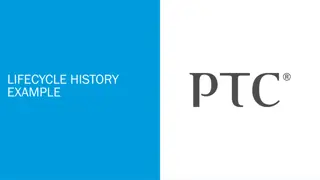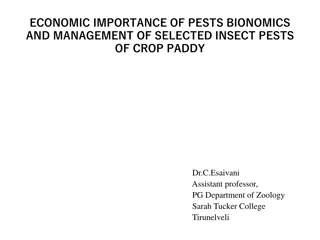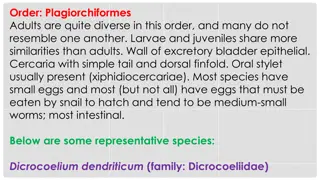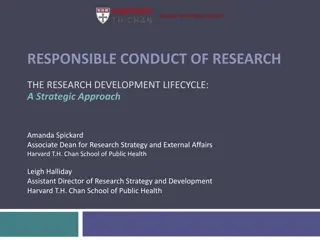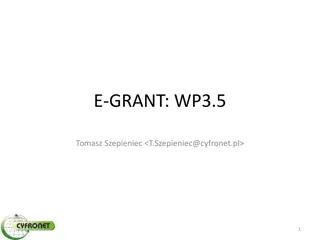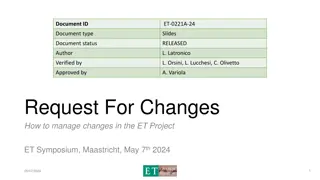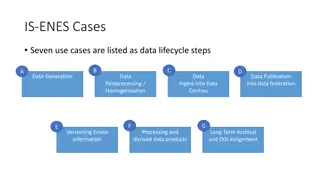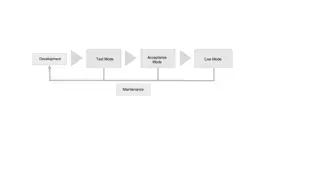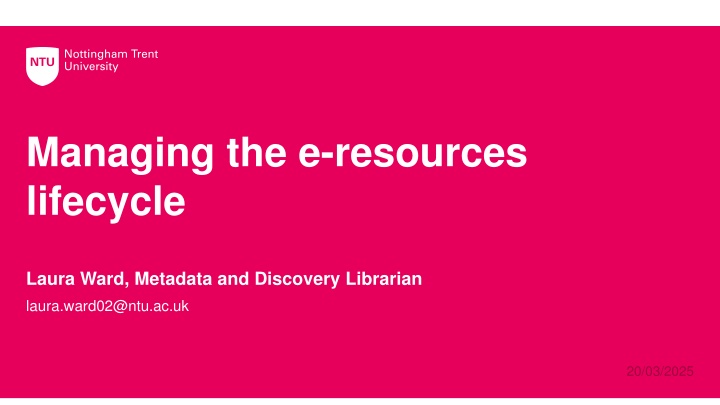
Optimizing E-Resource Lifecycle Management
Explore how Laura Ward, a Metadata and Discovery Librarian, manages the e-resources lifecycle at NTU. Learn about the migration from Aleph to Alma, integration of new collections, automated and manual updates, and the deletion process. Discover the focus on e-book and serial collections, as well as the collaboration with the Resource Acquisitions and Supply Team (RAST) to refine workflows.
Download Presentation

Please find below an Image/Link to download the presentation.
The content on the website is provided AS IS for your information and personal use only. It may not be sold, licensed, or shared on other websites without obtaining consent from the author. If you encounter any issues during the download, it is possible that the publisher has removed the file from their server.
You are allowed to download the files provided on this website for personal or commercial use, subject to the condition that they are used lawfully. All files are the property of their respective owners.
The content on the website is provided AS IS for your information and personal use only. It may not be sold, licensed, or shared on other websites without obtaining consent from the author.
E N D
Presentation Transcript
Managing the e-resources lifecycle Laura Ward, Metadata and Discovery Librarian laura.ward02@ntu.ac.uk 20/03/2025
Background Migrated from Aleph to Alma in January 2022 Post-migration, data clean up and familiarisation of Alma. Adaptation of Aleph workflows to fit with ways of working in Alma Since January 2024, working collaboratively to develop and refine workflows across the e-resource lifecycle This presentation will focus on e-book collections; serial collections and individually purchased books are handled by the Resource Acquisitions and Supply Team (RAST) www.ntu.ac.uk
Adding new collections Order of preference for adding new collections favours using the Community Zone (CZ) where possible to maximise use of automatic updates: Supplier integrations (uses CZ bibliographic records and portfolios) Community Zone collections where quality checks passed Local bibliographic records with portfolios linked a CZ collection Local bibliographic records and portfolios www.ntu.ac.uk
Maintenance of resources (automated updates) Supplier integrations and Community Zone collections are automatically updated to reflect changes to the list of included titles as well as any changes to authentication. To provide oversight of the automatic deactivation/deletion of portfolios, we have built analytic reports to identify if - a) an order is attached to the portfolio, and/or b) the corresponding bib record has no active inventory and appears on a reading list www.ntu.ac.uk
Maintenance of resources (manual updates) Some collections are still updated manually by staff. New titles are manually added/deleted from - fully local collections collections of local bibliographic records with CZ-linked portfolios CZ collections set to non auto-active Any changes to authentication (e.g. platform migration) are handled at service level. Affected reading list (Leganto) citations also need to be manually updated. www.ntu.ac.uk
Deletion of resources As mentioned, portfolios deleted as part of automatic updates are selectively reviewed manually using analytics reports. For manual deletions, preparatory checking for orders/reading list impact is done beforehand. Existing collections may need to be deleted to prevent duplication in Alma if - New supplier integration will supersede the collection New/updated CZ collection will be used in the future instead of the local collection www.ntu.ac.uk
Lessons learnt Alma has many tools/jobs but we have needed to sequence them ourselves into end-to-end processes. Some Alma tools are not suitable for our workflows. For example, the CZ Updates Task List does not report on supplier integrations or allow us to filter to updates affecting resources on reading lists. Whilst we use CZ collections where possible to automate updates, we have the skills and knowledge to create and maintain local collections if this is the best option. www.ntu.ac.uk
Summary Managing the lifecycle of an e-book collection depends on how the collection is configured There are three configurations we use, each requiring a different amount of manual intervention - Fully managed by the Community Zone: supplier integrations, auto-active CZ collections Partially managed by the Community Zone: non auto-active CZ collections, local bibliographic records with CZ-linked portfolios Fully managed locally: local collections www.ntu.ac.uk

